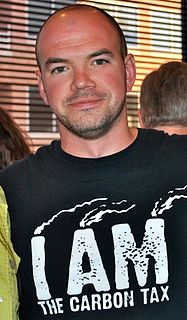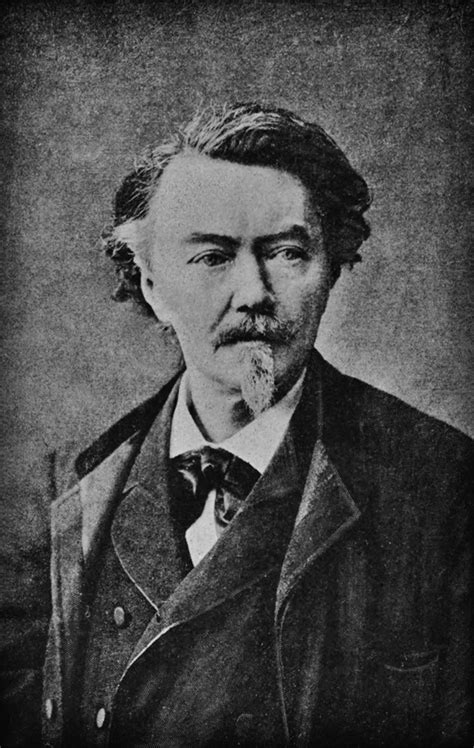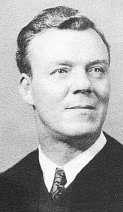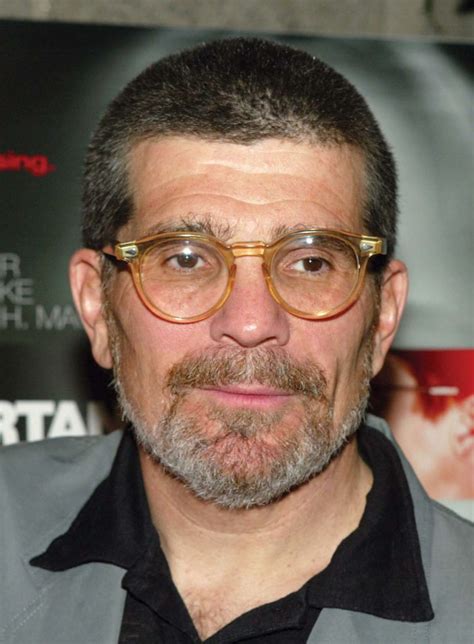A Quote by Pope Francis
The worldwide financial and economic crisis seems to highlight their distortions and above all the gravely deficient human perspective, which reduces man to one of his needs alone, namely, consumption. Worse yet, human beings themselves are nowadays considered as consumer goods which can be used and thrown away.
Related Quotes
We have created new idols. The worship of the ancient golden calf (cf. Ex 32:1-35) has returned in a new and ruthless guise in the idolatry of money and the dictatorship of an impersonal economy lacking a truly human purpose. The worldwide crisis affecting finance and the economy lays bare their imbalances and, above all, their lack of real concern for human beings; man is reduced to one of his needs alone: consumption.
There is no worse material poverty than one that does not allow for earning one’s bread and deprives one of the dignity of work. Youth unemployment, informality, and the lack of labor rights are not inevitable; they are the result of a previous social option, of an economic system that puts profit above man; if the profit is economic, to put it above humanity or above man, is the effect of a disposable culture that considers the human being in himself as a consumer good, which can be used and then discarded.
Human beings are themselves considered consumer goods to be used and then discarded. We have created a “disposable” culture which is now spreading. It is no longer simply about exploitation and oppression, but something new. Exclusion ultimately has to do with what it means to be a part of the society in which we live; those excluded are no longer society’s underside or its fringes or its disenfranchised – they are no longer even a part of it. The excluded are not the “exploited” but the outcast, the “leftovers”.
Excess consumption doesn't make people happy. We can continue to provide for our needs, but we can't continue the endless pursuit of ever more consumer goods. There is no energy source that can provide enough consumer goods to meet our human and emotional needs; there never has been, and that's why it's been such a fruitless pursuit.
Unfortunately, what is thrown away is not only food and dispensable objects, but often human beings themselves, who are discarded as 'unnecessary.' For example, it is frightful even to think there are children, victims of abortion, who will never see the light of day; children being used as soldiers, abused and killed in armed conflicts; and children being bought and sold in that terrible form of modern slavery which is human trafficking, which is a crime against humanity.
Above all, we should question the consumer ethic, which uses up non-renewable resources, creates inequality and injustice, generates pollution, destroys other species and upsets the balance of nature. The consumer ethic not only defiles the environment by creating undesirable change in the biosphere but also corrupts the mind and body by defining pleasure in terms of ownership and absorption. Waste itself is a human concept; everything in nature is eventually used. If human beings carry on in their present ways, they will one day be recycled along with the dinosaurs.
Let us enquire. Who, then, shall challenge the words? Why are they challenged. And by whom? By those who call themselves the guardians of morality, and who are the constituted guardians of religion. Enquiry, it seems, suits not them. They have drawn the line, beyond which human reason shall not pass -- above which human virtue shall not aspire! All that is without their faith or above their rule, is immorality, is atheism, is -- I know not what.
In all human love it must be realized that every man promises a woman, and every woman promises a man that which only God alone can give, namely, perfect happiness. One of the reasons why so many marriages are shipwrecked is because as the young couple leave the altar, they fail to realize that human feelings tire and the enthusiasm of the honeymoon is not the same as the more solid happiness of enduring human love. One of the greatest trials of marriage is the absence of solitude. In the first moments of human love, one does not see the little hidden deformities which later on appear.
When one speaks of humanity, the idea is fundamental that this is something which separates and distinguishes man from nature. In reality, however, there is no such separation: "natural" qualities and those called truly "human" are inseparably grown together. Man, in his highest and noblest capacities, is wholly nature and embodies its uncanny dual character. Those of his abilities which are terrifying and considered inhuman may even be the fertile soil out of which alone all humanity can grow in impulse, deed, and work.
All human beings have failings, all human beings have needs and temptations and stresses. Men and women who live together through long years get to know one another's failings; but they also come to know what is worthy of respect and admiration in those they live with and in themselves. If at the end one can say, This man used to the limit the powers that God granted him; he was worthy of love and respect and of the sacrifices of many people, made in order that he might achieve what he deemed to be his task, then that life has been lived well and there are no regrets.
































